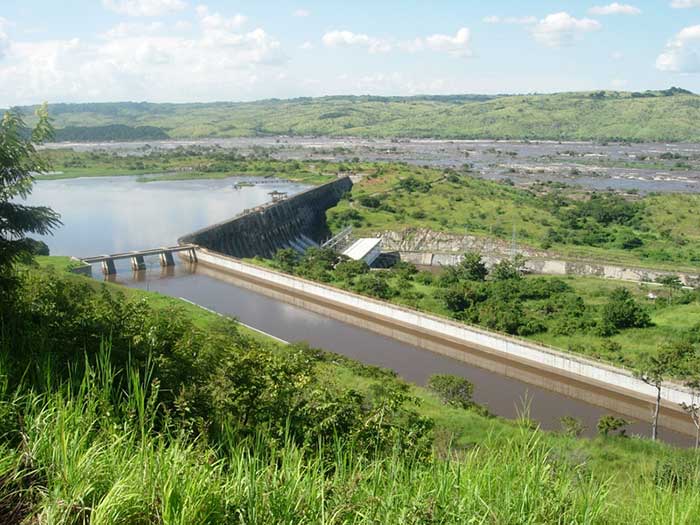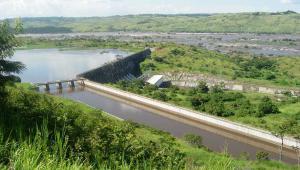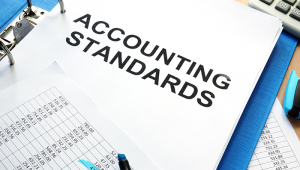web_ingadam_internationalrivers.jpg

Inga Dam. Credit: International Rivers
In 2014, the bank approved a $73.1m grant towards the $14bn first phase of the Grand Inga project, known as Inga 3, in the Democratic Republic of Congo, which is due to begin construction within months after being fast-tracked by the Congolese government.
The bank has disbursed approximately 6% of the total sum so far, but yesterday suspended any further payments following the government’s decision to “take the project in a different strategic direction” to that agreed when the funding was settled in 2014.
Upon completion, the mega project will be the largest dam in the world and could eventually span the entire breadth of the river Congo at Inga falls.
Once all the phases are complete, at a cost of around $100bn, the dam and hydro-electric plant will be a major contributor to the long-held vision of an Africa-wide power system. By some estimates, it could generate as much as 40% of the continent’s energy and would double the capacity of what is currently the largest dam in the world, the Three Gorges Dam in China.
The expensive, complex and ambitious idea was fraught with delays and problems, and seemed unrealisable to some before the DRC and South African governments signed cooperation agreements on the first phase in 2013.
In an interview with California-based NGO International Rivers earlier this year, Bruno Kapandji, head of the Grand Inga Project Office, said work could start on the dam as early as November.
Ever since, concerns have been growing that the project will break with international standards. Kapandji stated in the interview that no environmental or social impact assessments would be conducted before the construction phase begins – a violation of national law and World Bank safeguarding policies.
International Rivers notes that as many as 35,000 people may have to be relocated in phase one alone while fish supplies from the river are likely to be greatly affected. It also warns of the risk of flooding, land degradation, deforestation and methane emissions contributing to global warming.
Until yesterday, the project’s multilateral financers were largely silent on the decision to fast-track the project.
The World Bank’s statement said it would pull the payment but continue to work with the government on the implementation of the project, “with the goal of ensuring that if follows international good practice”.
The first phase of the dam is being built under a public-private partnership and the World Bank support aimed to ensure this government-led financing was transparent.
The Africa Development Bank also committed $33.4m in co-financing, and has agreed to provide $74m to the Inga 3 project in total.
The DRC government is expected to choose a consortium of China’s two largest dam builders to construct the project. The Chinese government has instructed its dam builders not to build overseas without environmental impact assessments being conducted.
But the DRC government is determined to fulfil a legally binding contract with South Africa that guaranteed to deliver 2,500MW of electricity from the Inga project by 2021.
In his interview with International Rivers, Kapandji also stressed the importance to produce energy for the DRC’s people and said Inga was the only solution to the country’s energy problem.
“As Congolese we have no choice but to build Inga 3. And for the cities in Kinshasa, Bas-Congo and Katanga, Inga 3 is the only solution... The price of commodities is falling and we need revenue. If we have a lot of energy to export we won’t have a problem,” he said.
Campaigners have also claimed that much of the power due to be generated by the Inga 3 project is set to be exported or used to support big industries like mining, rather than benefiting the Congolese people.













